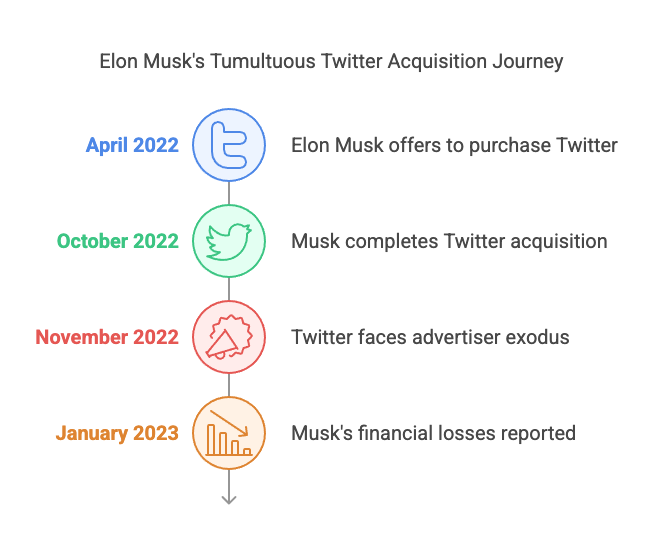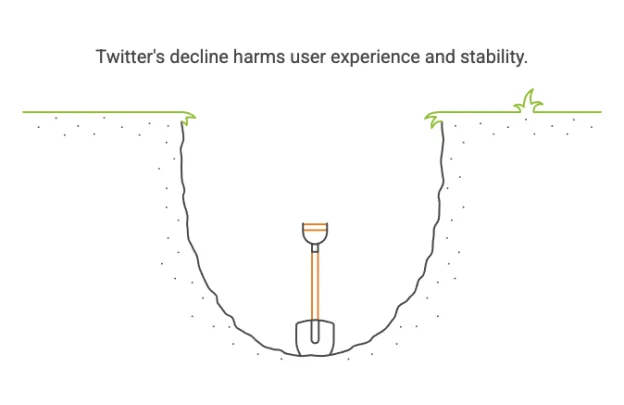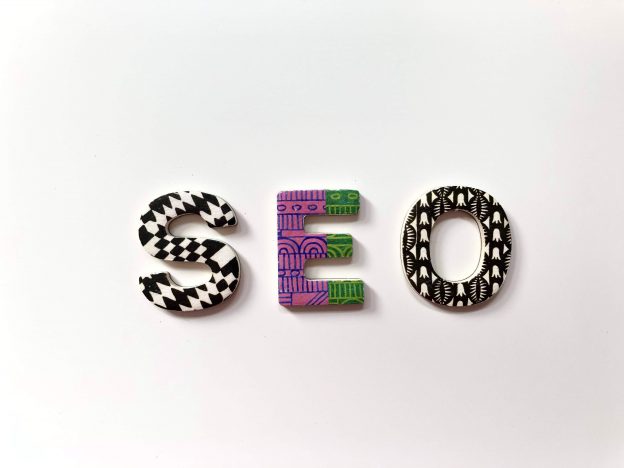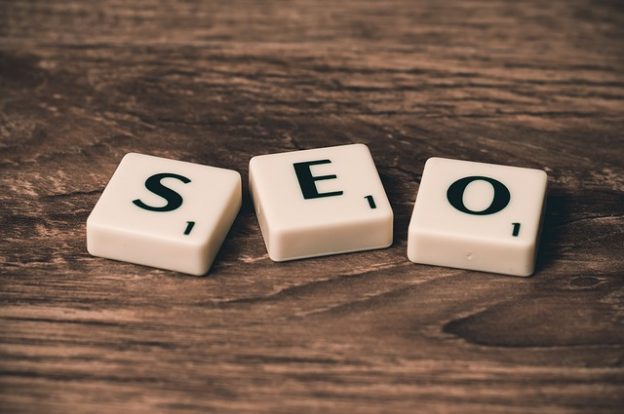We’ve all met at least one search engine optimization (SEO) snake oil salesman. You know the type.
Grandiose and sweeping promises. Language bogged down with so much jargon it’s functionally meaningless. An endless barrage of gaslighting and cold opens.
To hear these people talk, SEO is some sort of mystic art, and mastery means you’re guaranteed to dominate the search engine results page (SERP).
Anyone who’s spent even a little time studying the craft knows this to be a blatant lie. SEO is valuable, indeed—it’s a powerful lead generation and marketing tool in the right hands. But it’s not some secret weapon, and it won’t allow you to seize control of Google’s algorithms.
In order to leverage it effectively, you need to accept that—you need to understand the limitations of SEO.
Continue reading →









